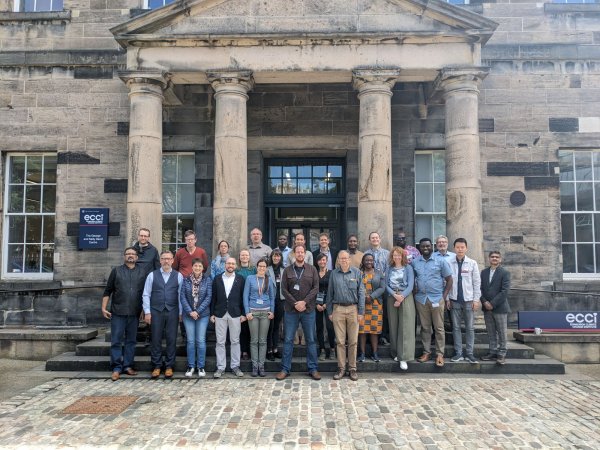Edinburgh meeting stimulates discussion
The second annual FORESFA meeting, held in Edinburgh, stimulated discussion on forensic investigations of falsified medicines and engagement with potential implementers.

Following the successful FORESA (Forensic epidemiology and impact of substandard and falsified antimicrobials on public health) meeting last year at Keble College, Oxford, organised by the Medicine Quality Research Group, the second annual meeting was held in Edinburgh from July 4-6.
The event was organised and hosted by the Roslin Institute at the University of Edinburgh, which conducts forensic DNA analysis of falsified antimicrobials as part of the Wellcome Collaborative Award-funded project. Twenty-seven colleagues from seven countries as well as representatives of WHO and three international pharmaceutical companies attended the meeting.
The three laboratories involved presented initial results of environmental DNA and stable isotope analyses performed since the beginning of the FORESFA project, as well as challenges and plans for the further processing of falsified medicines. Representatives from WHO provided vital guidance and pharmaceutical companies shared information on their forensic analyses of suspicious samples, providing valuable advice on the work performed by FORESFA.
Together with colleagues from the University of Cape Coast in Ghana, the National Institute of Medical Research in Tanzania and the Center for Social and Behaviour Change at Ashoka University in India, social network analysis of the trade routes of falsified medicines was discussed and future plans were made in breakout groups.
Other sessions focused on the use of artificial intelligence in data analysis and the contribution of substandard and falsified medicines to the development and spread of antimicrobial resistance, which will be further explored through mathematical modelling.
The group also enjoyed social activities such as Scottish delicacies and a boat voyage on the Union Canal in sunny Edinburgh.

